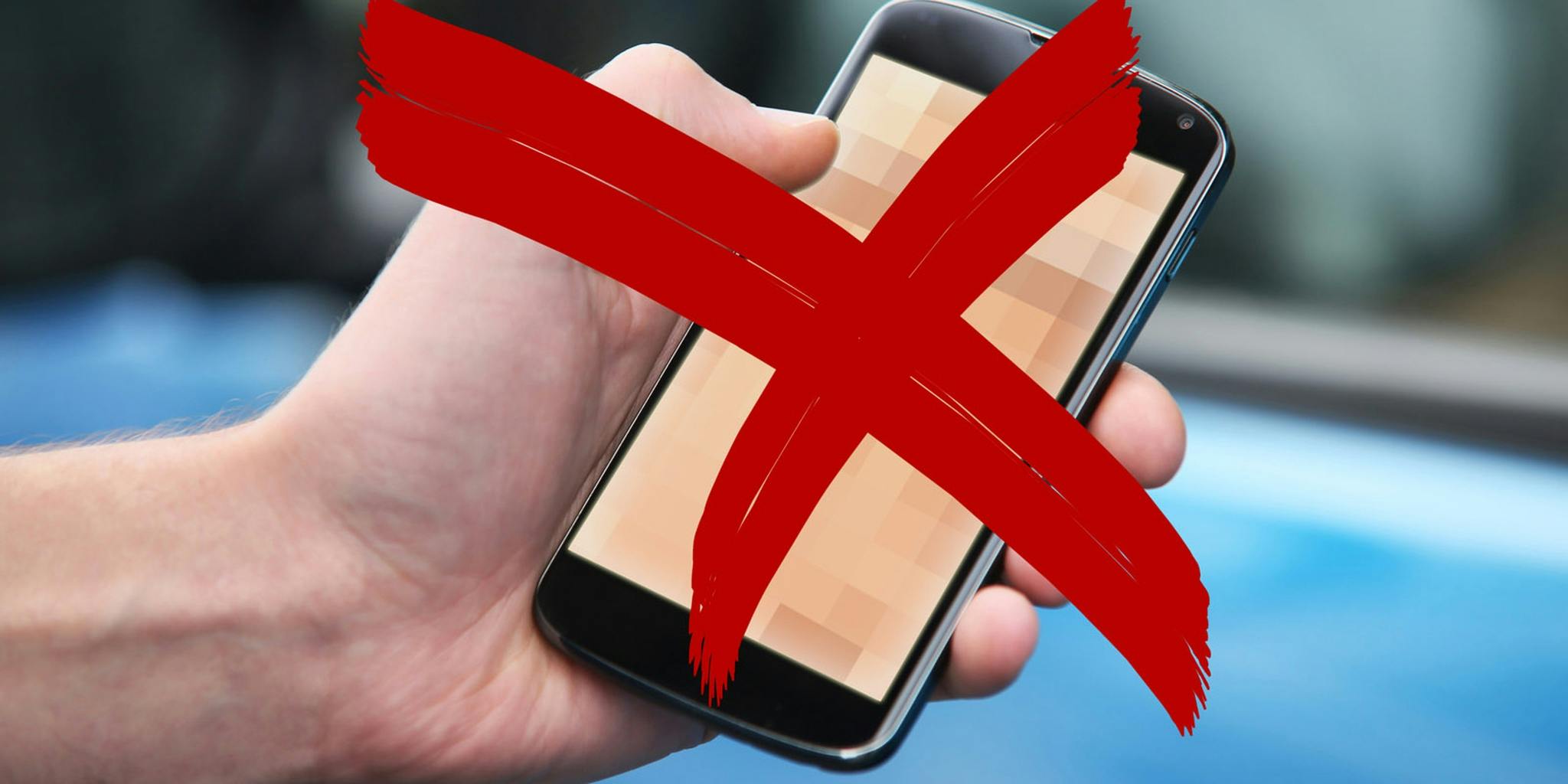Momentum against revenge porn is growing.
From “Celebgate” to alleged Iggy Azalea sex tape, 2014 was the year the disturbing practice entered the collective consciousness—but now the backlash is growing fast, with Illinois becoming the latest U.S. state to legislate against “revenge porn.”
The term revenge porn refers to non-consensual pornography—the sharing of intimate photos or videos of someone without the individual’s consent. Over the last year, revenge porn has made headlines repeatedly: In early September, the private photos of dozens of high-profile celebrities were leaked online by hackers in an episode dubbed “Celebgate,” and also that month singer Iggy Azalea blasted a former partner planning to sell an alleged sex tape of the pair without her consent as a “sex offender.”
Then in October, news broke that California police officers were trading nude photos stolen from suspects’ phones as a “game.” In Britain, meanwhile, released figures showed that despite 149 reported instances of revenge porn in the U.K. over the past 3 years, just 6 have resulted in any police caution or charge.
But there’s been good news, too: Back in January, notorious revenge porn purveyor Hunter Moore was indicted on federal charges, followed by the arrest of another alleged revenge porn-extortion racket operator, Casey E. Meyering, in February.
Victims of revenge porn have been outspoken about the practice, with Jennifer Lawrence—one of the Hollywood actresses affected by Celebgate—taking to the pages of Vanity Fair to slam the sharing of the photos as a “sexual violation,” and calling for a change in the law. Campaigns echoed this cry, with British tabloid The Sun launching a campaign in October to have revenge porn reclassified as a sex crime.
It’s unclear whether or not The Sun’s campaign had a specific impact, but by that point the tide was turning, with the announcement later in the month that the Criminal Justice and Courts Bill making its way through the British Parliament would directly address revenge porn, making it a criminal offence with a sentence of up to 2 years behind bars.
Similar legislation had already been introduced in Israel in January 2014, characterising revenge porn as “virtual rape” and threatening offenders with five years of jail time.
In the U.S. historically there’s been little legal recourse for victims of revenge porn, with those affected often forced to turn to copyright law to protect themselves—if they took the photos themselves then, by default, they belong to them. It’s the line of argument that multiple celebrities used to have their intimate photos taken down from websites after they were leaked during Celebgate.
But slowly, on a state-by-state basis, legislative responses to revenge porn are emerging. More than a dozen U.S. States have already passed laws against non-consensual pornography, the New Republic reports, including California, Texas, Maryland, New York, New Jersey and Colorado.
And now Illinois is joining that small but growing group, with Gov. Pat Quinn signing into law legislation on Dec. 29 outlawing the “non consensual dissemination of private sexual images,” KFVS 12 reports. Bill sponsor Sen. Michael Hasting described revenge porn as “psychological abuse to the highest degree,” and the law will go into effect on Jun. 1, 2015.
Some have questioned the effectiveness of anti-revenge porn legislation alone, arguing that the act is symptomatic of a deeper sexism that needs to be tackled if the problem is to be eliminated. There may be some truth in that—but the actions of Illinois, and others like it, are certainly a step in the right direction.
H/T KFVS 12 | Photo via Highways Agency/Flickr (CC BY 2.0) | Photo via Karin4758 / Wikimedia Commons(CC BY 3.0) | Remix by Rob Price

